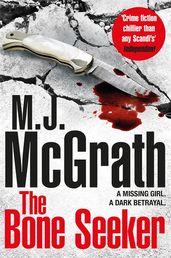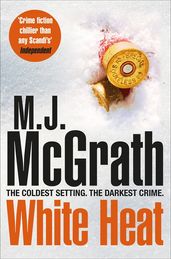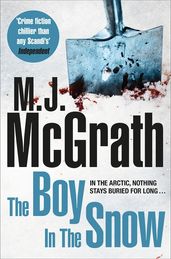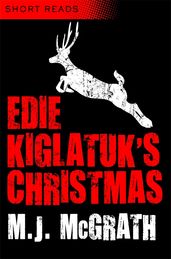M. J. McGrath
M. J. McGrath was born in Essex. As Melanie McGrath she is the author of critically acclaimed, bestselling non-fiction (Silvertown and The Long Exile) and won the John Llewelyn-Rhys/Mail on Sunday award for Best New British and Commonwealth Writer under 35, for her first book Motel Nirvana. She writes for the national press and is a regular broadcaster on radio. Melanie lives and works in London. White Heat is her first novel.
http://www.melaniemcgrath.com
Books by M. J. McGrath
Series by M. J. McGrath




